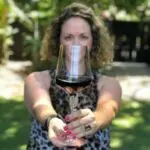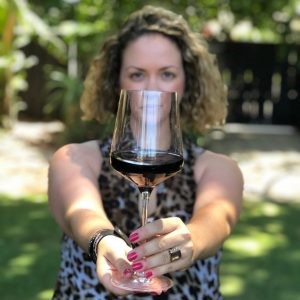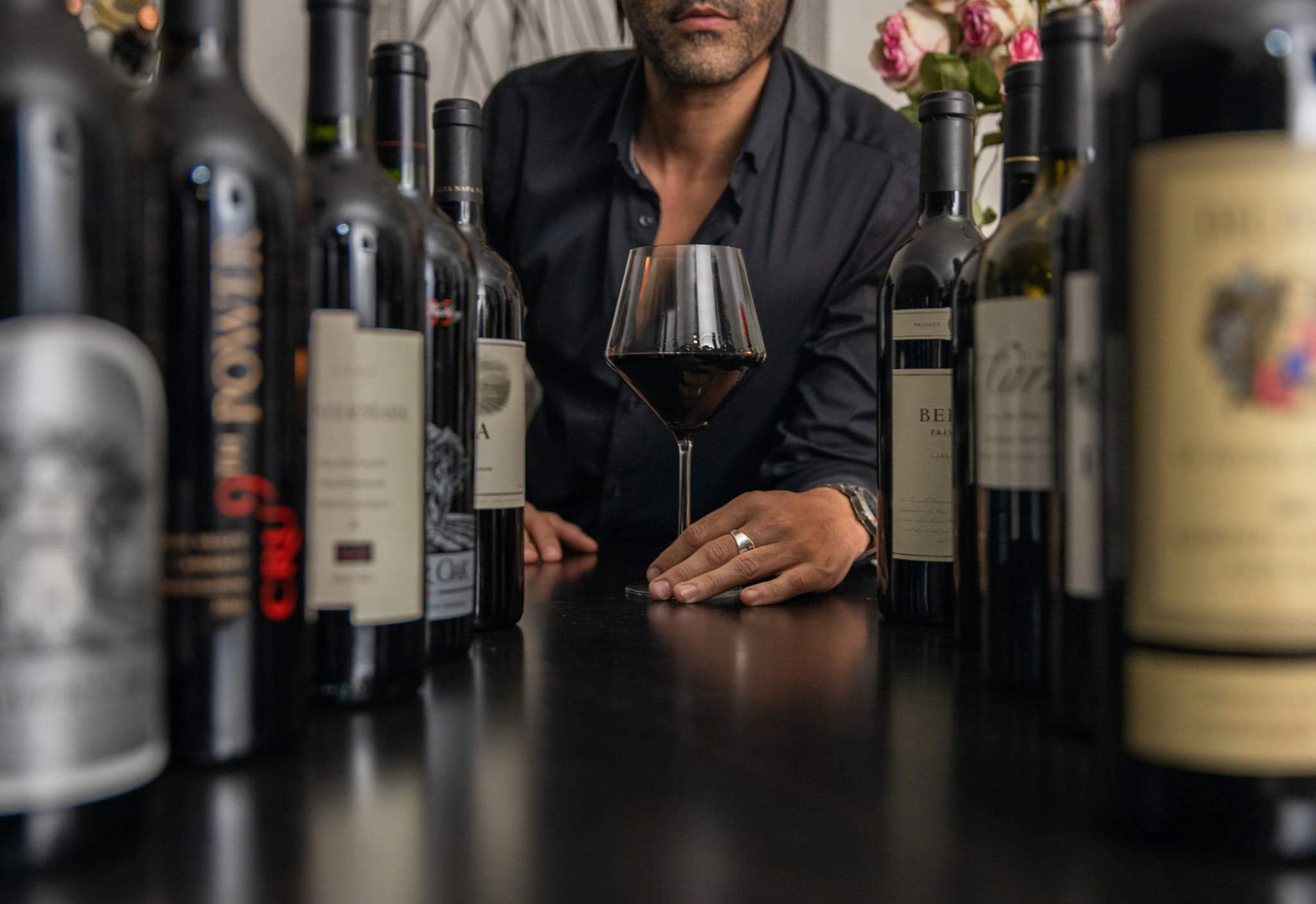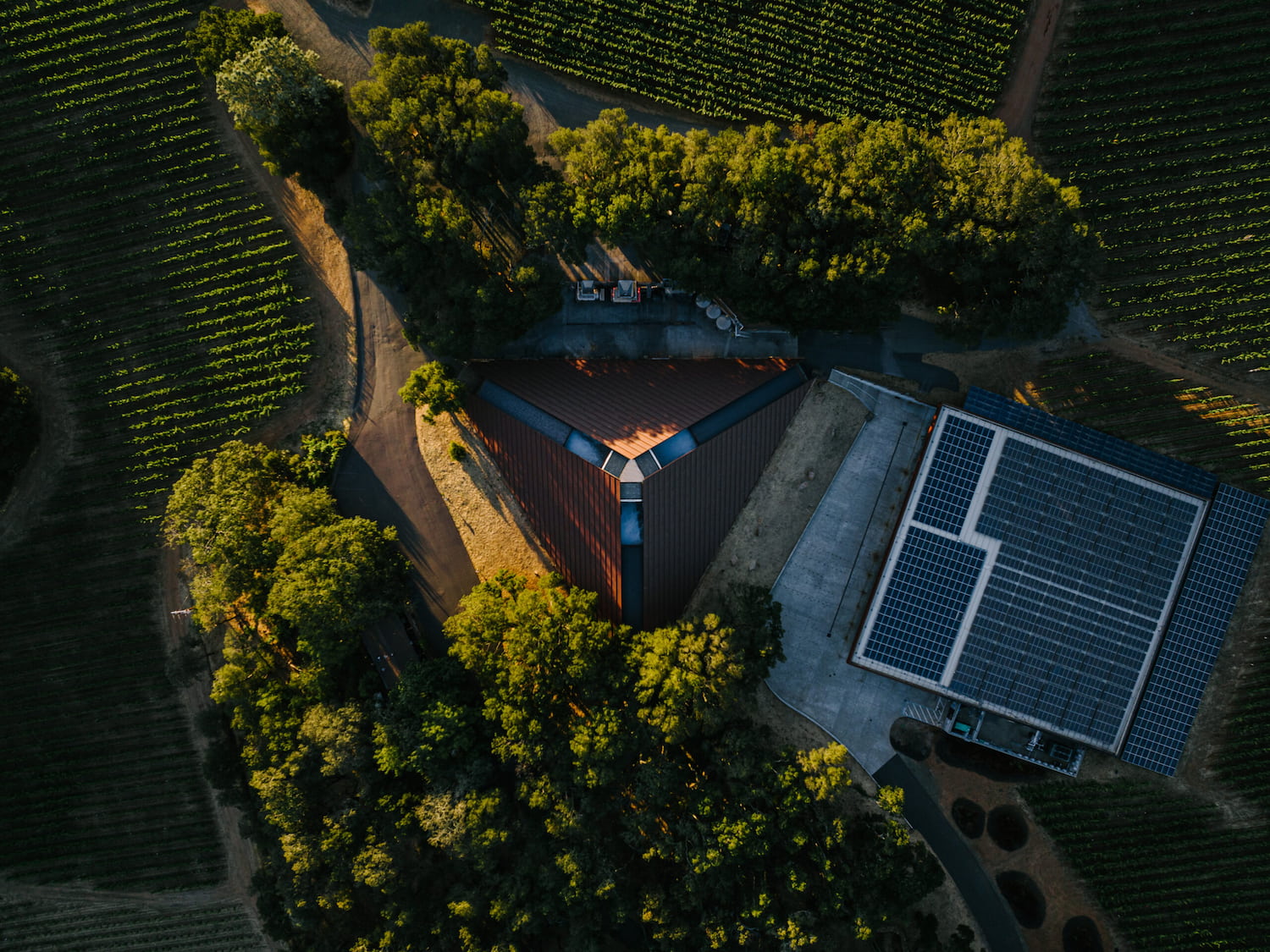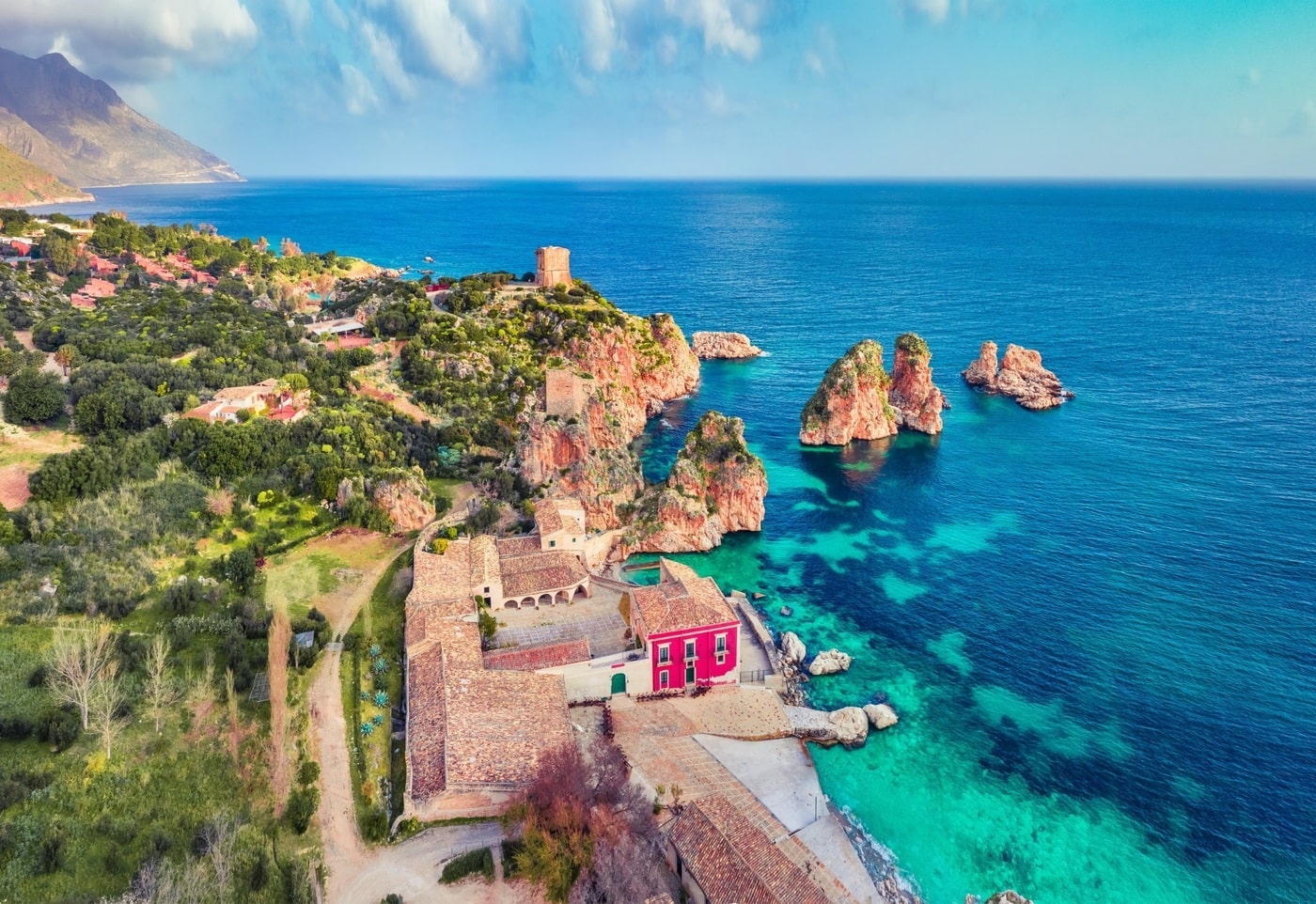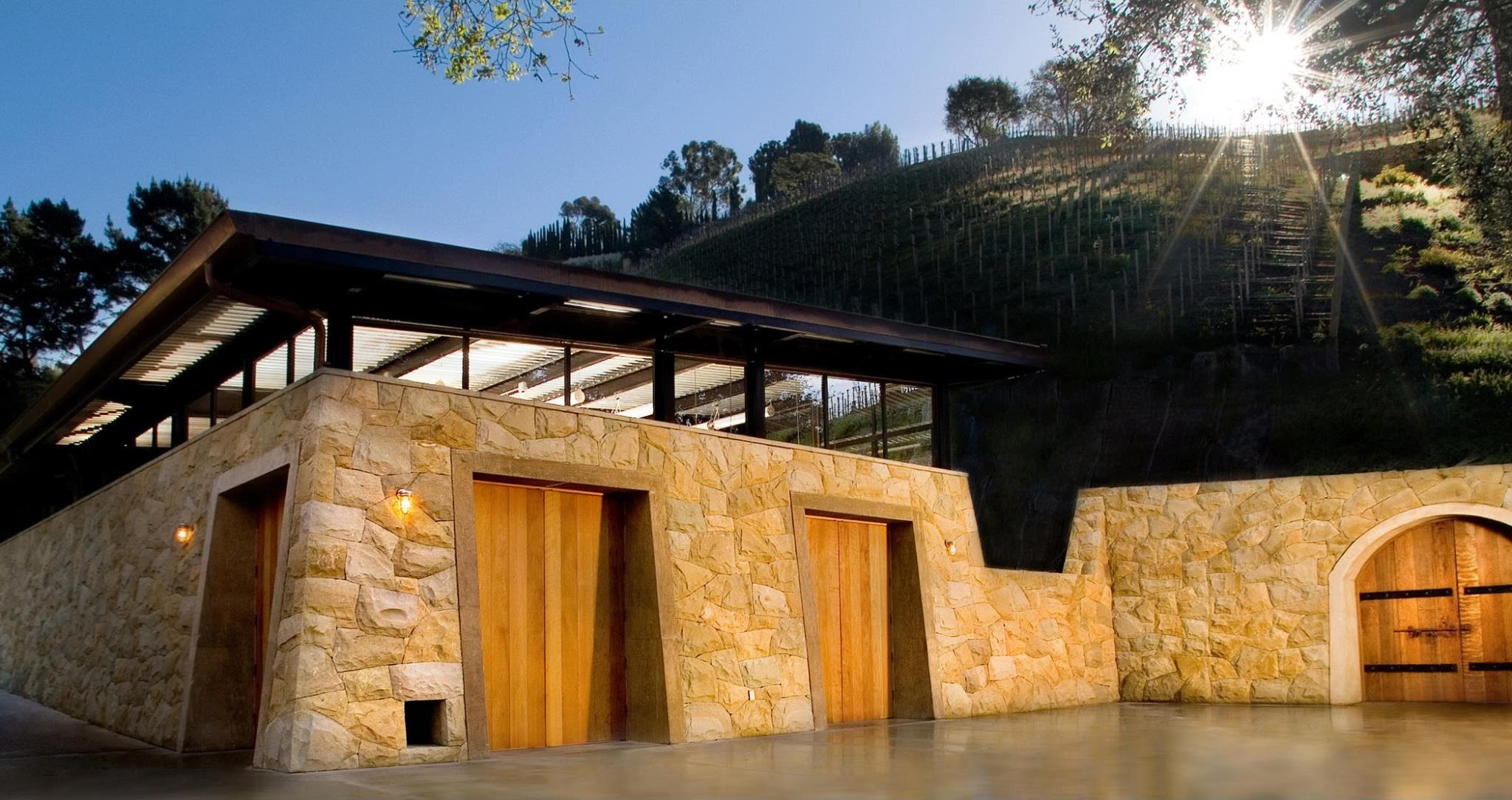Wine is not a wellness elixir. Let’s get that clear. It’s an alcoholic beverage. It is a new year (THANK GOD!) and with the new year comes endless goals, resolutions, and intentions to be healthy and take better care of ourselves. I’m here for that. Wine is not going to help us get healthy. BUT we can enjoy wines on the spectrum of wellness and mindfully fit wine into our plan to get healthy and be conscious of what we put in our bodies.
Below I breakdown terms you might hear when people are talking about wines and wellness. The distinctions are important and can help you make better choices. Also, beware of buzzwords and baseless marketing lingo that means nothing in regards to the actual wine in the bottle.
Organic Wines

Here are two distinctions: organic wines and wines made with organic grapes. Organic wines utilize grapes that include no: manmade fertilizers, fungicides, pesticides, or GMO. Some sulfur additions are allowed, but remember that sulfur is naturally occurring, so there is no such thing as “sulfite free” wine. With organic wines, any ingredients/additives must also be certified organic. Wines that tout they are “made with organic grapes” are less stringent, as the grapes have to be certified organic but any additional ingredients/additives do not have to be organic.
Bottom line: Organic wines are good for me and good for the planet. A+ in my book!
Biodynamic Wines
Biodynamics is an agricultural philosophy developed by Rudolf Steiner in the 1920s. According to biodynamics, a vineyard is a living organism meant to be maintained in a “closed” system with no inputs or outputs. This means no additives or outside treatments of any kind. With biodynamics the seasonal rhythmic cosmic cycles are considered and herbal preparations are used in lieu of additives, chemicals, fertilizers, etc. These herbs include yarrow, chamomile, stinging nettle, dandelion, and valerian. A very strong connection to the earth is maintained, and biodiversity is a key tenet.
Bottom line: Like organics, biodynamics is good for me and for the planet. I’m here for this!
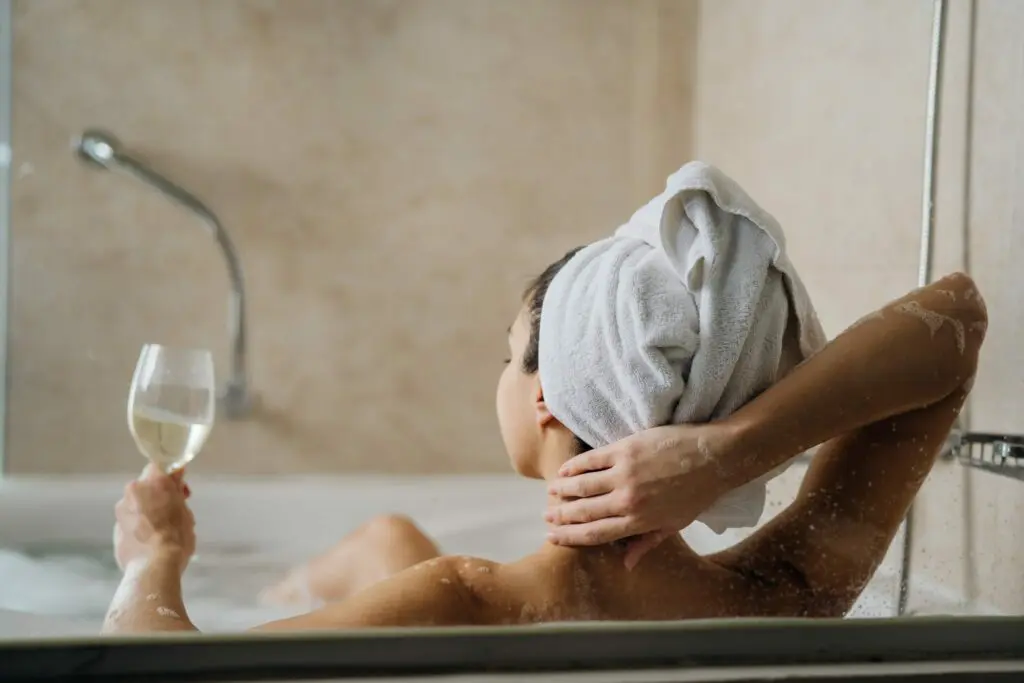
Natural Wines
Natural wines have no official legal definition or certifying body. It is a style hearkening back to the early days of winemaking (hundreds, if not thousands of years ago). Natural wines feature hands off, low-intervention winemaking. There is a loose set of agreed upon rules that must be followed for a wine to be considered “natural”. The grapes must be certified organic and/or biodynamic. Only wild/ambient yeasts can be used versus conventional inoculations. No fining/filtration and no additives are allowed. Natural wines tend to be hazy/cloudy and have a sour, funky note to them. If you like kombucha or sour beer, you might like natural wines. There is a spectrum of natural wines. Personally, I still want my wine to smell and taste like wine, not beer or someone’s dirty sock:/ And just because a wine does not bill itself as “natural”, doesn’t mean the wine is “unnatural”. That is the inherent problem in the name.
Bottom line: I dig natural wines, but nothing too funktastic.
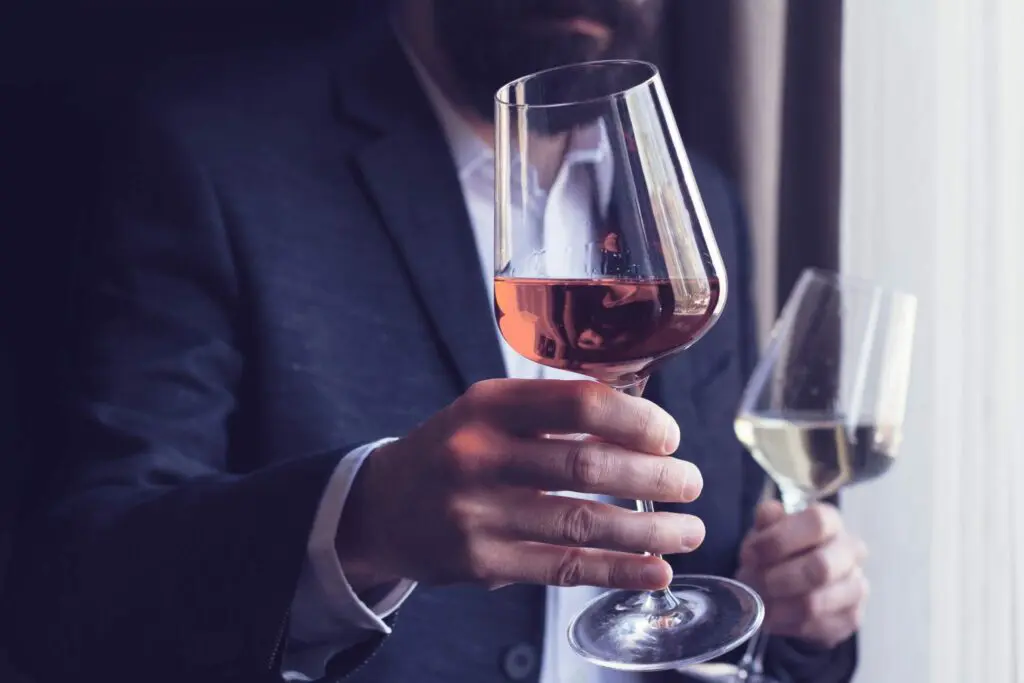
Clean Wines
The use of the word “clean” in marketing wine is just that…marketing. “Clean” is a buzzword and nothing else. Clean wines tend to use organic grapes, few additives, and are vegan, which upon first glance, all sounds like a good thing. Note that the word “clean” in regards to wine is completely unregulated. There is no certifying body. Like the use of the word “natural”, the word “clean” implies that wines that don’t have that on their label are “unclean” or dirty. Not the case. There is PLENTY of honest, regional wines that do not use the word “clean” on their labels.
Bottom line: I choose to ignore any wines that claim the word “clean” in their name, label, or any marketing. For me, the word is a deterrent. I’d much rather enjoy honest/regional wine where the money spent was spent on the juice, and not in a marketing ploy.
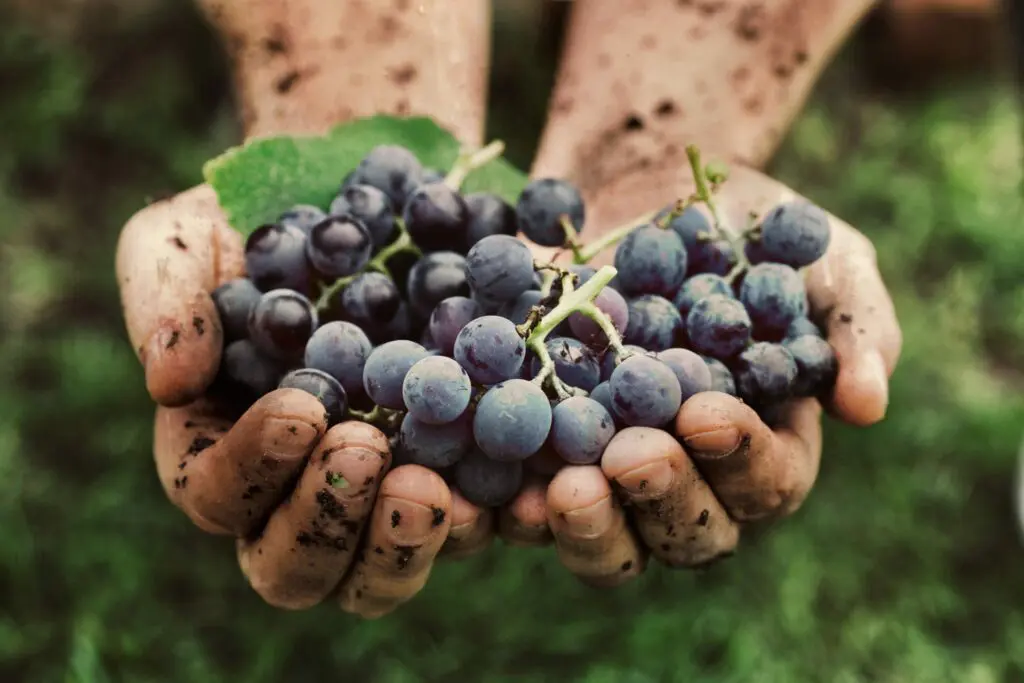
Low Sugar/Alcohol Wines
There is no legal definition or certifying body for “low sugar” or “low alcohol” claims. Like the word “clean”, these are just buzzwords used in marketing wine.
Table wines generally have between 1-10 grams per liter of residual sugar. I have seen wines with 7 g/L of RS claim their wine is “low sugar”. Meanwhile, pretty much every other bottle of wine on the shelf is in that range. Wines touting themselves as “low sugar” are doing so to try and appeal to a certain market, nothing else. I would take any “low sugar” claims with a grain of…..sugar?
*The only exception is what I call mass produced, commercial grocery store glug. I’m talking about under $10 or $12 wines on grocery store or big box wine retailers’ shelves. These wines are commercially made and in HUGE quantities with not much integrity of fruit and certainly no sense of place. They tend to be made with a bit higher RS with up to 15-20 grams per liter. These wines are to suit and satisfy the sugar addicted American palate.
As for alcohol, dry table wines generally fall between 11-15% ABV. I have seen wines claim “low alcohol” on their labels when the ABV is 11%. That brand literally spent money printing the label and including that in their marketing plan, when most wines have alcohol levels similar to theirs.
Bottom line: I’m ignoring this one as well. Just know that the vast majority of wines that are “low” sugar and/or alcohol do not say so on the label.
Brianne Cohen is an LA based event producer, certified sommelier, wine educator, and wine writer. During the pandemic, Brianne entertained over 7,000 people through her “Virtual Vino” online wine classes, regularly highlighting diverse (i.e. Black, BIPOC, female, and LGBT) owned wineries. She now offers both in-person (and virtual) wine tasting experiences for her corporate clients. Brianne regularly judges at international wine competitions, including the International Wine Challenge (IWC) in London and holds the WSET Diploma certificate. She writes on her own blog and for outlets such as Decanter, Vintner Project, and Kiplinger. She also holds an MBA from Loyola Marymount University. Brianne Cohen Wine & Events is a certified woman-owned business with WBENC.

